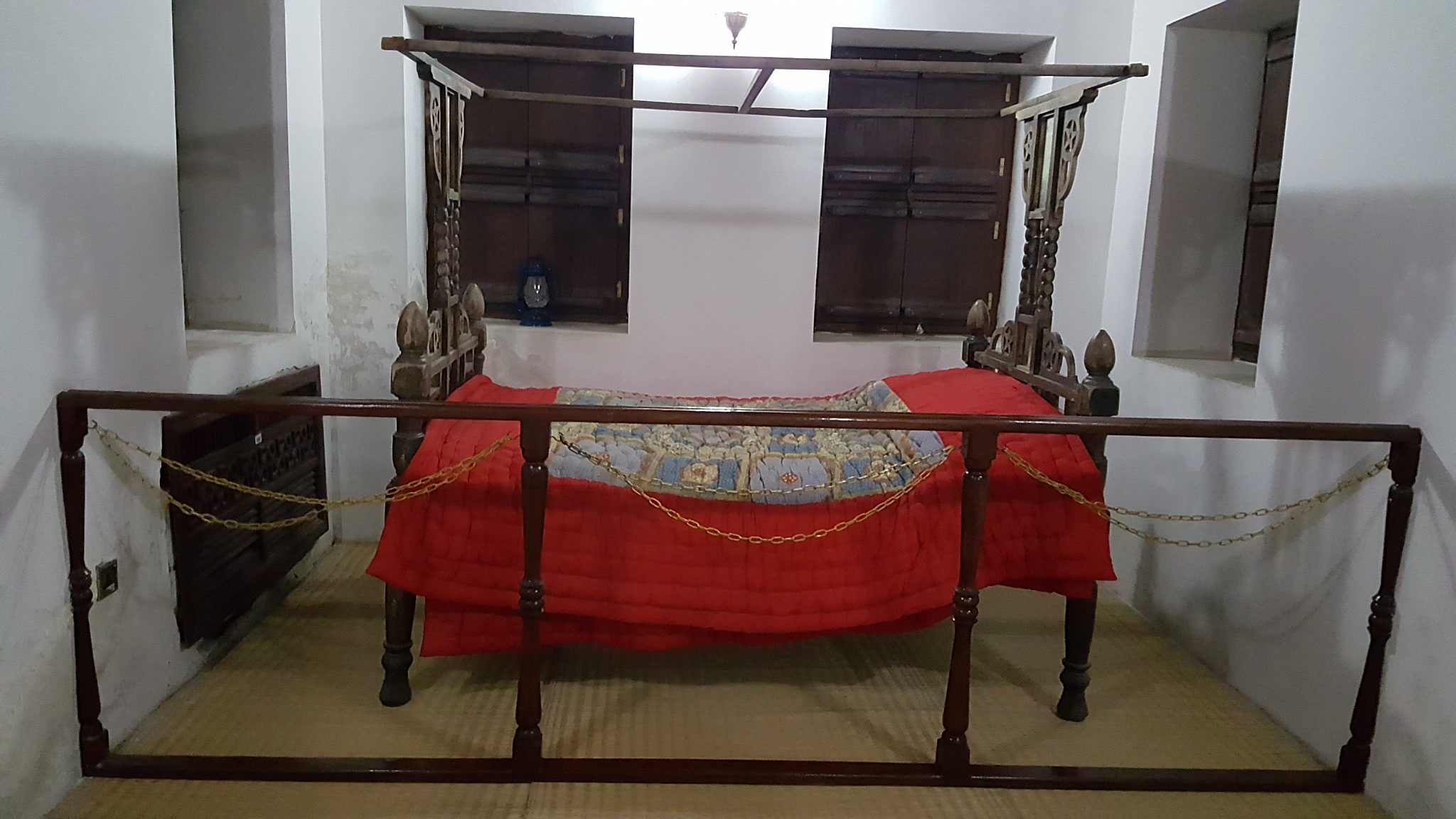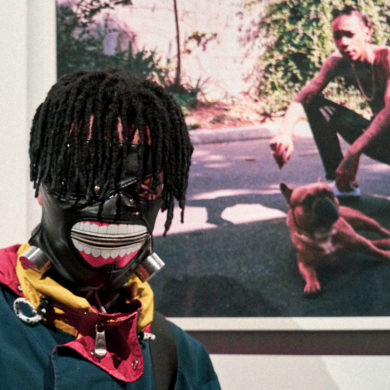
Traveling, no matter the destination, can open us up in ways that secondary sources (i.e. word of mouth or Instagram) cannot. Across time we have come to understand how sensory experiences of foreign places and cultures can be profound or enlightening, spiritual even. Granted, familiar environments can be too, like returning to your birthplace after not visiting for a while (say, six years or so). Still, venturing to somewhere unknown comes with its own exceptionalism. A sentiment that is not merely an arbitrary truth, but informed by observing our contemporary social structures.
The Internet – specifically social media – has galvanized this generation to uninhibitedly explore nonnative regions and customs. More so than generations past. Or rather, we travel with a more cultural relativist lens unlike the offensive exoticism of the recent past. (We’re looking at you anthropologists!) Since then popular understandings of how we engage “others” have gradually changed for the better. We have redefined traveling as a common necessity, moving away from past notions where traveling – especially internationally – is an elitist practice. I’ve recognized a growing philosophy on travel that is void of fixed presumptions.
The downside to this hyper-visible travel culture is society’s incessant need to commodify. No longer exists sacredness, not with the double-edged sword that is trend-culture. Even as someone who values exploration immensely, my newest long-distance trip reminded me of my own shallowness. That my psyche is also prone to, and expresses, reductive behavior.
In December of last year, I was headed to the United Arab Emirates for a visit to see my family. My intentions were straightforward: I wanted to be in my loved ones’ company and create new memories, yes. But I also craved an experience independent of that, one that would impress me deeply. Attaching such a high expectation was not an authentic mode to engage the UAE. I had to look at myself, how those intentions undermined the ‘go with the flow‘ mantra I project. Not even a minor in anthropology could help me resist cultural bias. Suffice it to say, I achieved – and failed miserably – in my quest to unearth an esoteric adventure based on Pop Culture.


Emiratis, and the culture by which they are distinguished, are quite wondrous. The Arabic nation vehemently pursues innovation, economy and globalization, and have been successful. The UAE transitioned from a lesser known Middle Eastern hideaway for the wealthy, to a world-renown travel destination and business hub.
The balance to the country’s newfound celebrity is the lengths to which their unique cultural identity is preserved, celebrated and presented to the world. There exists an almost perfect juxtaposition. At one end of the spectrum, the country is visibly “modern”. The highway systems are well-designed and kept exceptionally clean. Buildings are more often grand than not, even the traditional architecture is alluring. There is a mixture of New York style skyscrapers, and Spanish design like California. Think Manhattan meets Rodeo Drive, with a basis of distinctive Arabic aesthetics.
At every turn are expensive cars, high-end designer stores and a plethora of cuisines, all of which are indicative of the country’s oil-derived wealth.
On the contrary, social practices there are purely traditional and, from a Westernized lens, somewhat restrictive. With exception of expatriates and a small number of natives, most of whom are young, educated and well-off men.
Although the culture is rich and highly regarded by its people, it has obviously been plagued by colonialism, much like a lot of this world. Concepts associated with Western nations – like capitalism and supremacy (in the context of beauty standards), classism and materialism – have permeated the Emiratis too. This is what I’m referring to as the mundane: The fact that I could not escape the implications of colonialism. Not even in the Middle East.
This consideration of mundanity by me, stems from a belief that there is nothing extraordinary (or just) about colonization, nor having to exist in a colonized state, regardless how deep the entrapment goes.
In no way does this subtract from my experience, or from the country’s substance. The natives and their way of life are innately meaningful. No one can deny that.
The natural and man-made segments that comprise its environment is masterfully crafted. The government cares about its citizens and their quality of life, something not regarded by a significant number of the U.S.’s population.
The Emirati culture is very much alive, still taking precedence over its modernized counterparts. This is evident in every nook and cranny. In the picturesque malls and museuems like the Sheikh Zayed Palace.
Markets are abundant with elaborate fabrics of gold threads, striking patterns and colors. Cultural artifacts are intricately designed. Original artworks tell stories of how the oil-rich nation became the powerful entity it now is. The founders envisioned a paradisal metropolis, and materialized it as such. In a way, the UAE is an underdog tale.
It’s my own fault for expecting anything from a place I’ve never been, people I’ve never lived amongst. This country has made itself the face of luxury, while holding dearly its traditions. And that is extraordinary. This trip taught me an important lesson: Traveling is profound itself. Only, we undo this by tagging along our requirements, as if we are owed a specific experience. A place can only offer what it is, and it’s up to us to recognize the significance to all of it.
I wish I had more to say, but this country represents itself. For some reason, I think the founders intended to do just that.
Enjoy the visuals!











